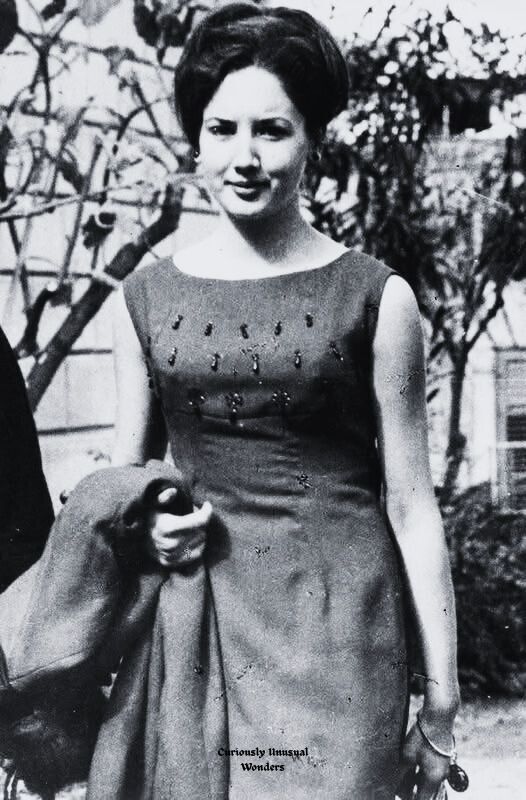Franca Viola, a teenager from Alcamo, Sicily, made history in the 1960s by defying a deeply entrenched legal and cultural tradition known as matrimonio riparatore, or “marriage of reparation.” This centuries-old custom allowed men who kidnapped and raped women to marry their victims as a means of erasing their crimes. In 1965, Viola was kidnapped by Filippo Melodia, the son of a local mafioso, and subjected to repeated sexual assault. Instead of agreeing to marry her attacker, Viola chose to resist, leading to a landmark trial that challenged the status quo of women’s rights in Italy.
Challenging a Brutal Tradition
The concept of matrimonio riparatore was rooted in the belief that a woman’s honor could only be restored through marriage, even when that marriage was forced. Families often pressured victims to comply, leading to a cycle of shame that fell primarily on the women involved. Rape became a precursor to negotiation, with legal systems largely favoring the perpetrators over the victims.
When Franca Viola said no to the proposed marriage with her attacker, she not only rejected a personal fate but also instigated a profound political statement against a system that had oppressed women for centuries. Her family supported her decision, despite facing threats and violence, including the burning of their home. In 1966, Viola’s case was brought to trial, marking a pivotal moment in Sicilian history. For the first time, a court treated the rapist as a criminal rather than a suitor. Melodia was convicted and sentenced to eleven years in prison, a revolutionary outcome in the context of Sicilian law.
A Symbol of Modernization
Viola’s bravery captured the attention of the press and the public, who viewed her as both a scandal and a heroine. She later married on her own terms, receiving congratulations from then-President of Italy, Giuseppe Saragat, who recognized her as a symbol of women’s rights in a transforming society. Her story highlighted the archaic nature of matrimonio riparatore, yet it took until 1981 for the Italian parliament to formally abolish the law that allowed rapists to marry their victims as a means of escaping punishment.
Despite her significant impact, Franca Viola remains largely unknown in popular historical narratives. Her case illustrates how history often overlooks the contributions of women who challenge oppressive norms, favoring the tales of men in power instead.
Viola’s refusal to accept her fate not only shattered the societal ledger that valued women based on their dowries but also redefined the vocabulary of justice in Italy. She demonstrated that personal acts of defiance can lead to monumental changes in societal structures.
Legacy and Global Context
Franca Viola’s story resonates far beyond Sicily and Italy. It contributes to a broader narrative of women who have enacted social change through courage and resistance. Figures such as Rosa Parks, who sparked the civil rights movement by refusing to give up her bus seat, and Nwanyeruwa, whose protests against colonial taxation ignited the Aba Women’s Riots in Nigeria, exemplify similar acts of defiance that have reshaped societies.
Today, issues of honor, shame, and sexual violence remain prevalent in many cultures worldwide. In some regions, laws similar to matrimonio riparatore still exist, and victims continue to face societal pressure that silences their voices. Viola’s defiance serves as a universal reminder that progress often stems from the courage of individuals willing to challenge unjust norms.
As we reflect on Franca Viola’s legacy, it is crucial to remember her not only as the girl who refused to marry her rapist but as a pioneer who demonstrated that honor lies in resistance, not silence. Her story encourages us to acknowledge the often-overlooked contributions of women throughout history and underscores the importance of continuing the fight for justice and equality.
